In musical theater, sequels are few and far between, and when they do exist they usually aren’t very good. For example, you’ve probably heard of Phantom of the Opera, the massively successful show from Andrew Lloyd Webber, but you probably don’t know anything about its sequel, Love Never Dies. There’s a reason for that—it kind of sucks! So when 2023’s Stray Gods: The Roleplaying Musical dared to test its luck with the release of the Orpheus DLC—set after the base game’s conclusion—I was surprised to say the least. What shocked me, however, is just how much better than the original release Stray Gods: Orpheus manages to be.
Upon its release last year, I found Stray Gods to be an extremely tedious and messy game that failed in almost every way to fulfill its goal of melding RPGs with musical theater. In my review, I wrote that the game “never understands the intricacies of how musicals tell their stories,” and that it gave “the impression that while the team had a passion for the idea of a roleplaying musical, nobody had the necessary skill set to execute it.” Much of this fell on the star-studded cast—made up of voice acting heavyweights like Laura Bailey and Troy Baker—who may be able to act but can’t convince the audience that they can sing, not that they were given good material to work with. To the credit of developer Summerfall Studios, Orpheus pares down the base game’s lofty ambitions and feels like an attempt to address all of its pain points to make something better.
Having the perfect lead goes a long way
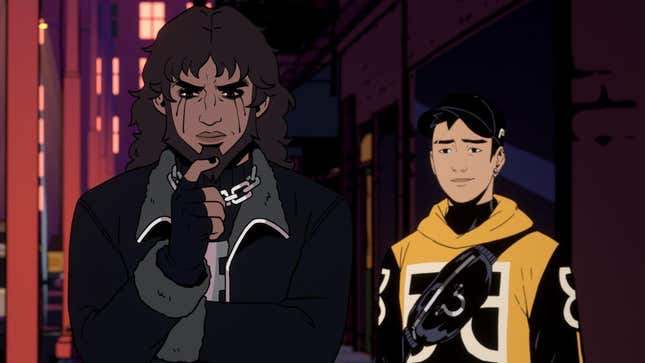
Image: Humble Games
Following the conclusion of Stray Gods, which follows the Greek gods in a modern-day world where they all sing like professional pop stars, Orpheus picks up on the loose threads of its titular bard. When we last saw Orpheus, he was alone in the underworld, brooding by himself. The DLC gives him a chance to go back to the land of the living, which sends him into a bit of an existential crisis about what he is doing with his life. What follows is a brisk one-and-a-half hour character study. If you played the base game, you may be shocked that Orpheus gets top billing in the DLC, but it is the best decision Summerfall could have made.
Orpheus is voiced by Broadway legend Anthony Rapp of Rent fame, who outsung everybody else in the base game with his single song. Rapp was the one saving grace of Stray Gods, and the Orpheus DLC gives the game’s best performer a chance to shine. Rapp’s performance as Orpheus is immediately charming; he’s a performer with an incredible stage presence, even in a video game. Where Stray Gods’ attempts at humor always fell flat, Rapp was able to get a laugh out of me more than once just in the DLC’s opening. Not to mention that the man can sing.
Deciding that his new mission will be to fall in love again, Orpheus gets roped into a round of speed dating by Hermes. This setup turns into a truly show-stopping number titled “A New Love.” It reflects a far better approach to songwriting than the tunes in the base game, featuring a wonderful chorus that Orpheus continues to return to in between progressively worse and worse dates over the course of the night. We even get some fun switch-ups to the musical style, as each new date changes the song around. But after every fun detour, Rapp brings back the audience with his wonderful voice. It’s Orpheus’s equivalent of an “I want” song, the thing that tells viewers what the main character will be working toward through the rest of the show, and it’s something the base game never gave to Laura Bailey’s Grace. “A New Love” is by far the best number in Stray Gods, period, across both the DLC and the base game. Yet even this shining moment has its stumbling points.
Familiar issues hold Stray Gods: Orpheus back
Just like in the base game, Orpheus’s core gameplay gives you the chance to switch up your singing style mid-song. This occurs through a BioWare-style dialogue wheel and is meant to help emphasize the “roleplaying” part of the game’s title. In execution this never works smoothly, and every time you change the style it’s a massive speed bump that ruins whatever momentum a song has. That remains true for the Orpheus DLC, and sadly brings down “A New Love” at its best moments, not to mention the song just keeps going forever until it’s outstayed its welcome.
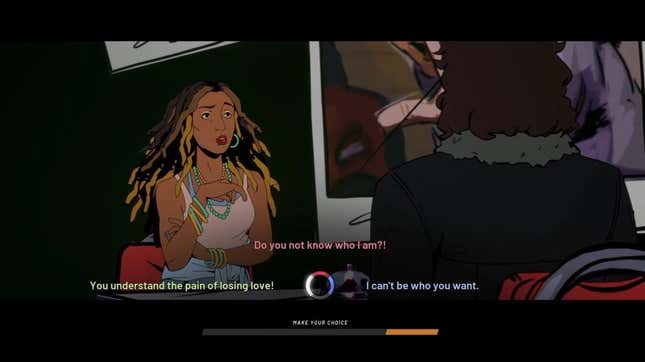
Image: Humble Games
To make matters worse, the Orpheus DLC hits its height with “A New Love” near the beginning and only goes downhill from there. The remaining few songs bring back more inconsequential side characters from the bae game, all of whom have voice actors with less singing skill than Rapp. We get a glimpse of something great, and the remainder of the DLC never delivers on that again. Even Rapp’s final number feels half-baked. I don’t think this is a failing on the part of the songwriters in the same way it was in the base game, though; the team has clearly developed a better sense of how to deliver musical-style tracks since then. Rather, the systems that they were forced to retain from the base game have held back what progress has been made.
By the time the curtain closes on Stray Gods: Orpheus, I’m left conflicted. The DLC is a stunning improvement over the original game, thanks to a smart choice of lead and some excellent songwriting. However, the dialogue-wheel-esque system for changing song style remains as flawed as ever, and it means Orpheus still can’t reach those original ambitions of melding musical theater and RPGs. Still, the team at Summerfall Studios should feel proud of how well it addressed the issues in the base game. Stray Gods: Orpheus might not be musical greatness, but it is the rare musical sequel that I’d recommend over its predecessor.
Stray Gods: Orpheus is now available on Nintendo Switch, PlayStation, Xbox, and PC.
.



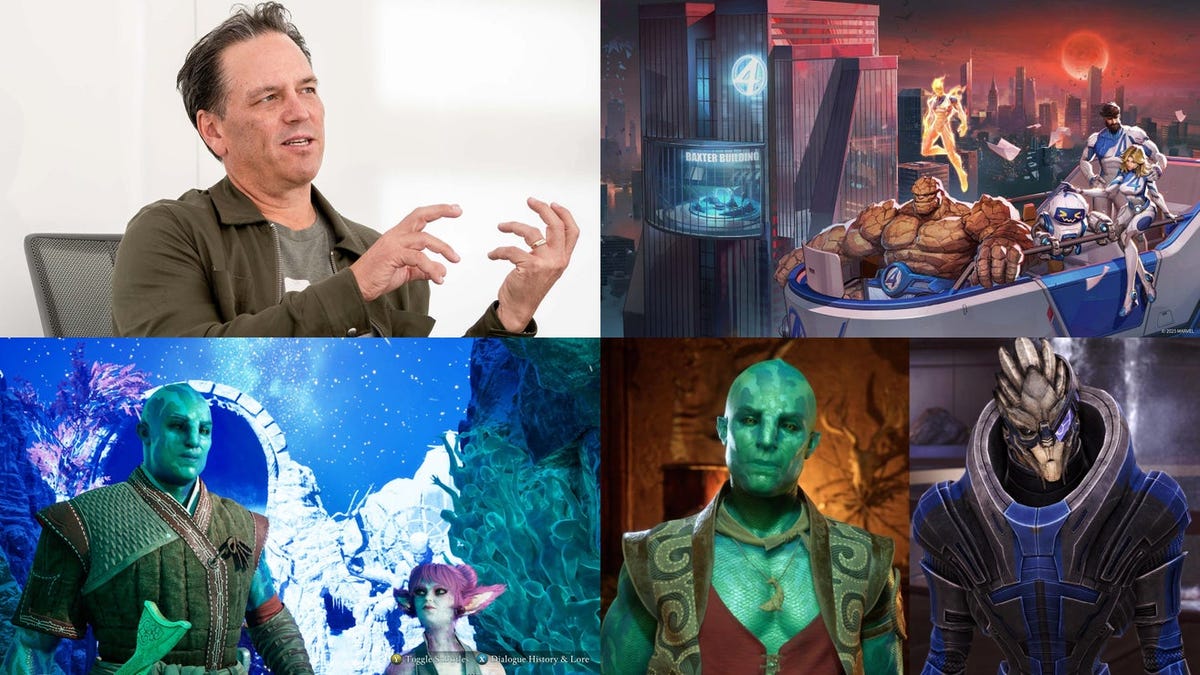




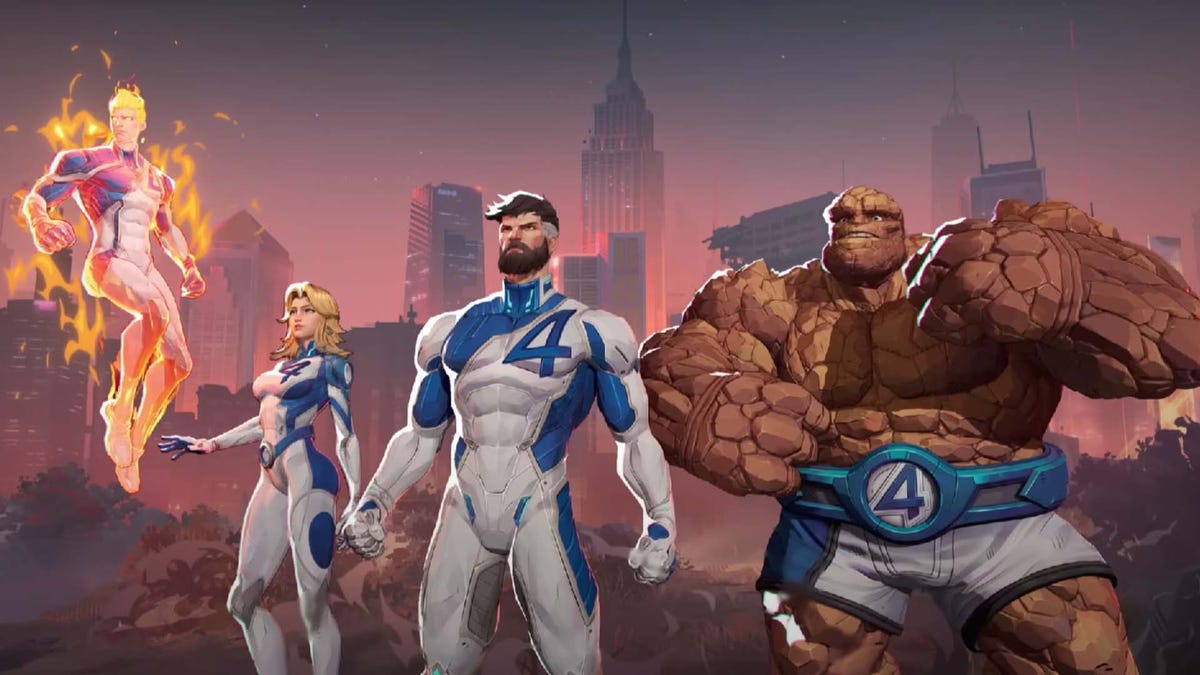

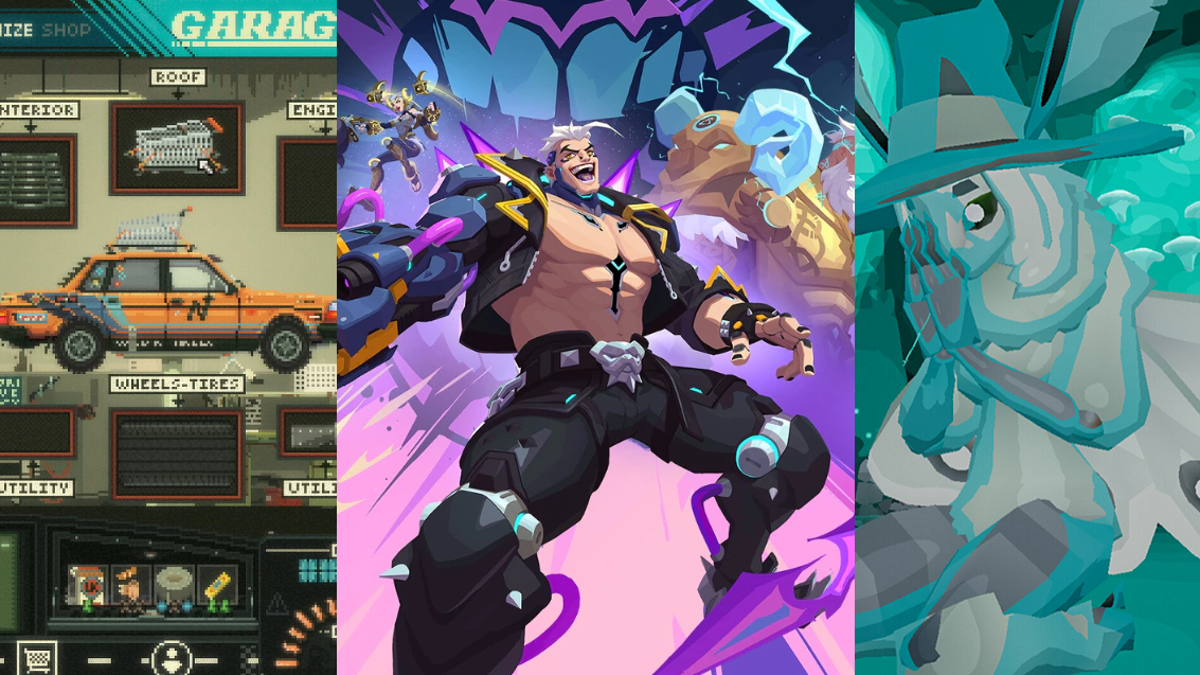
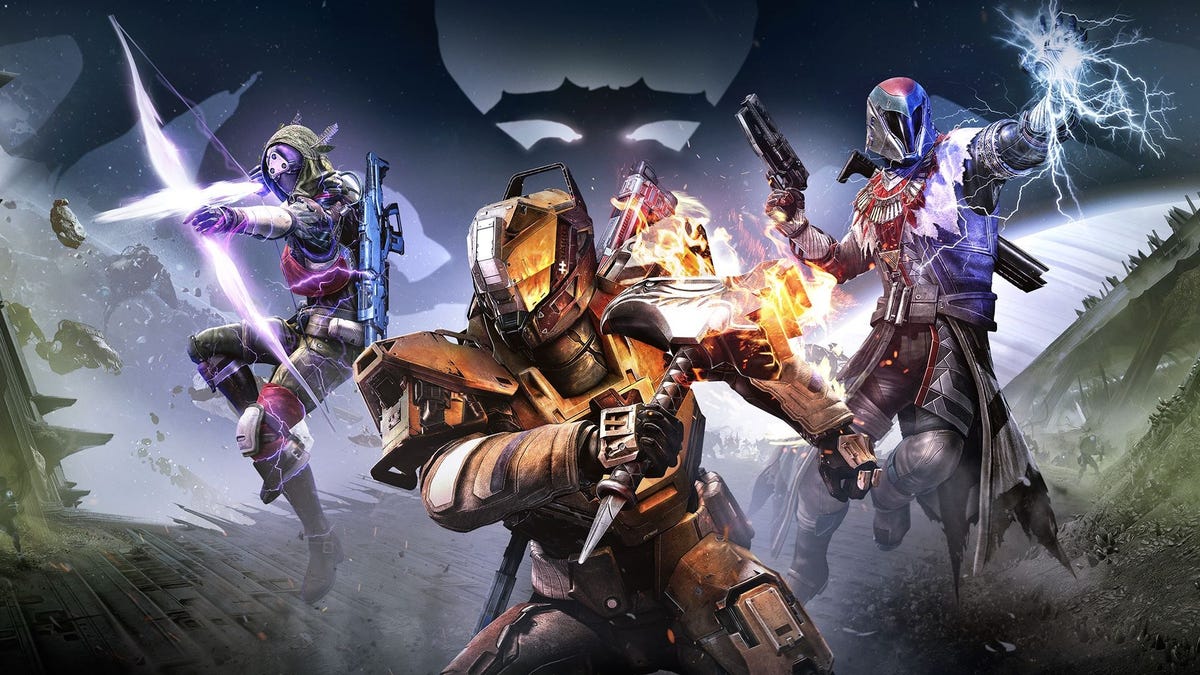
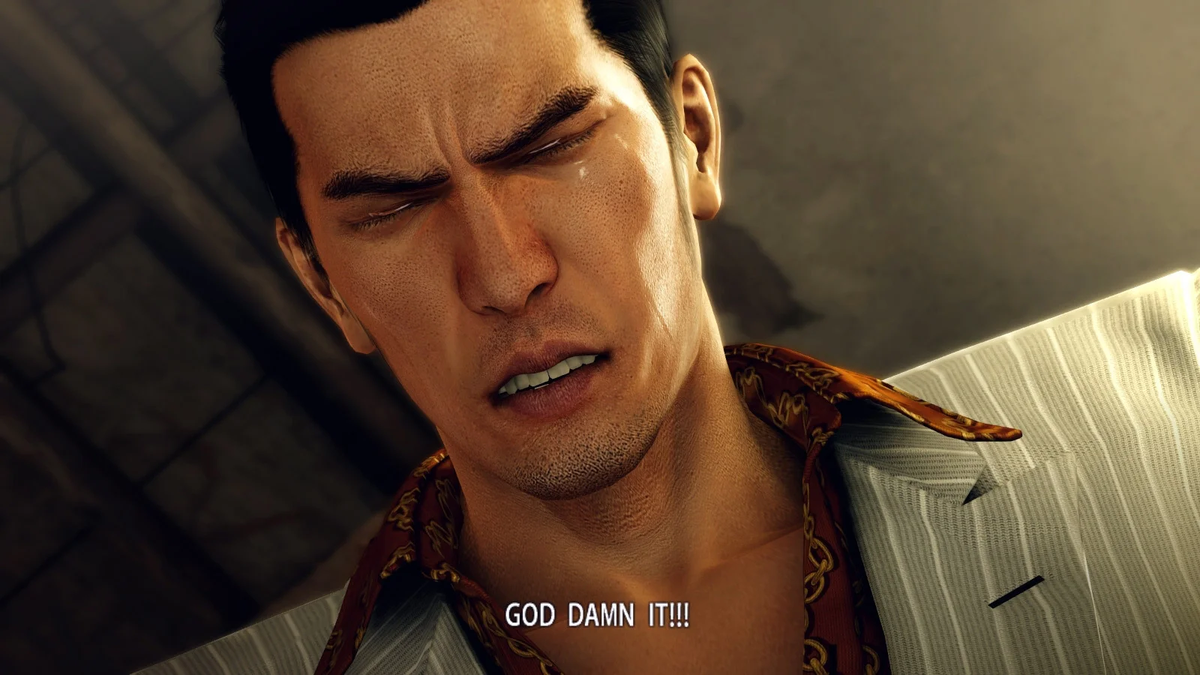
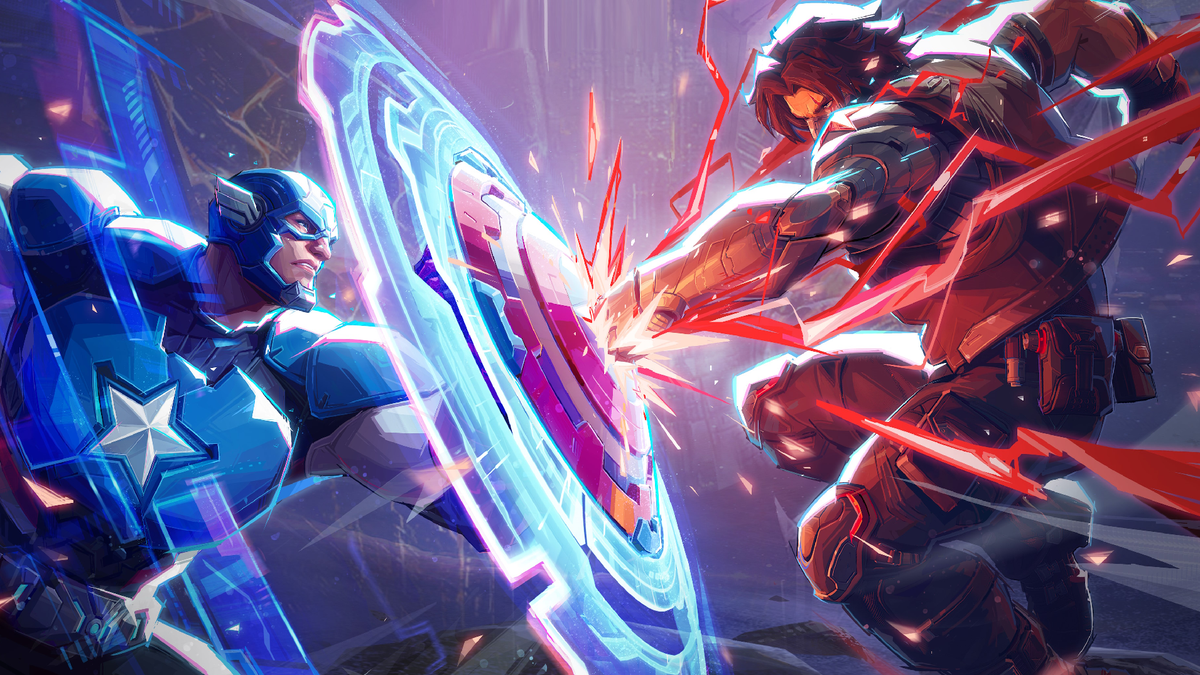


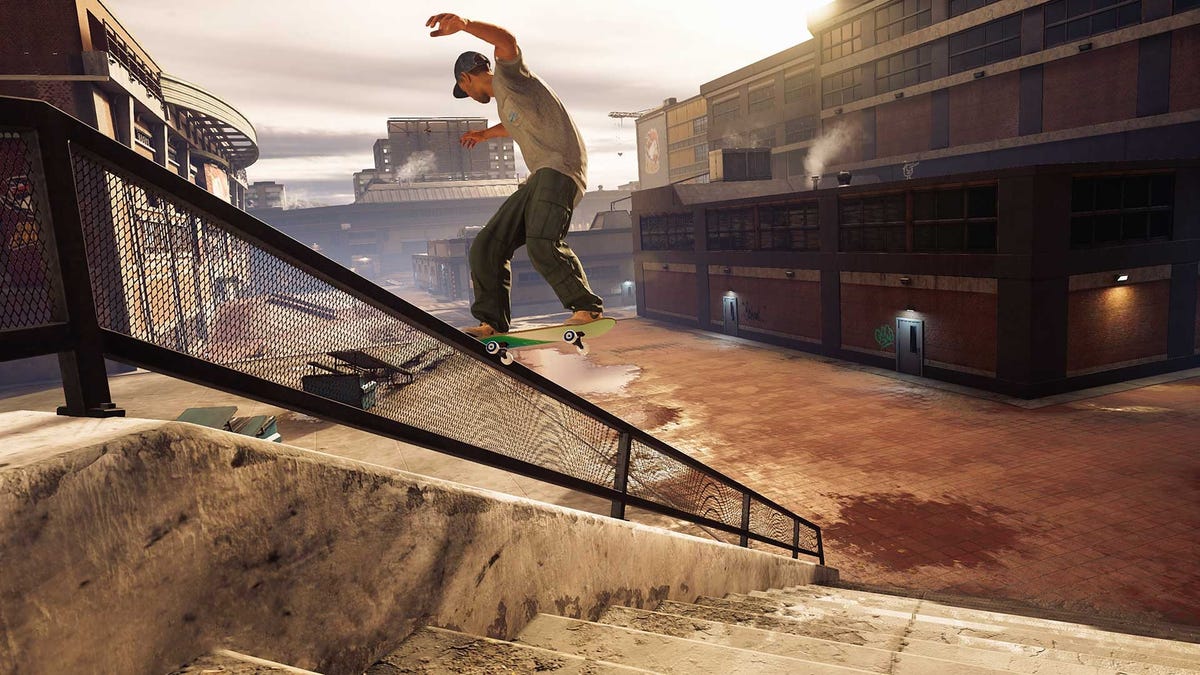



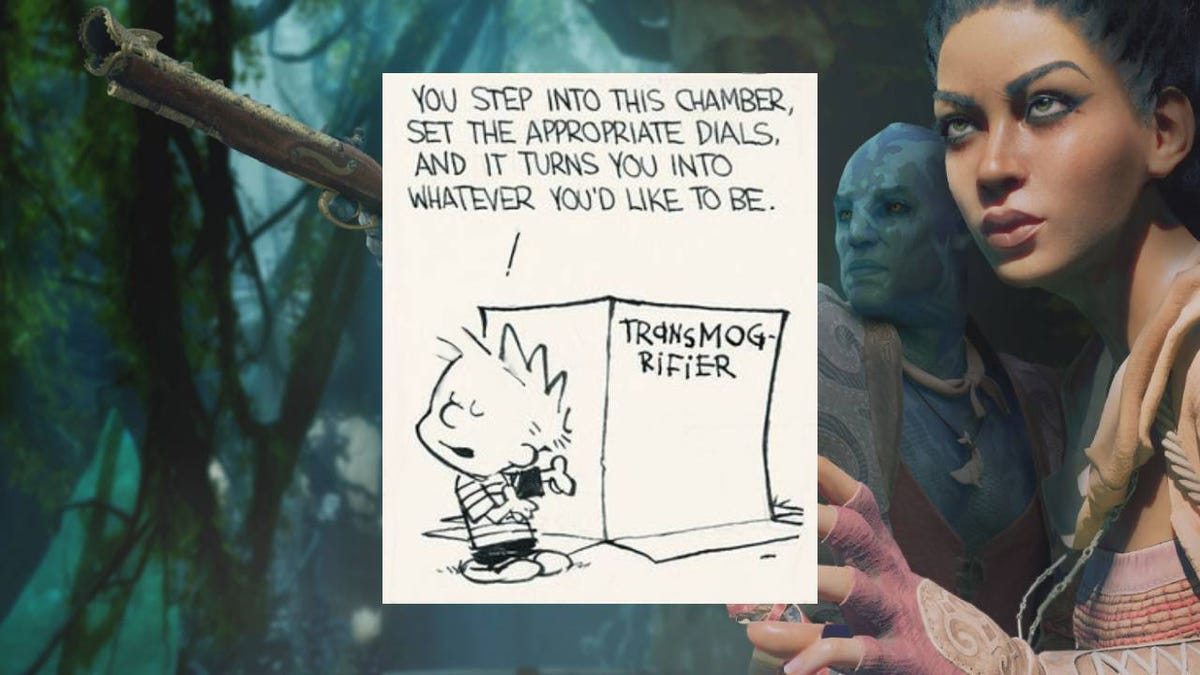


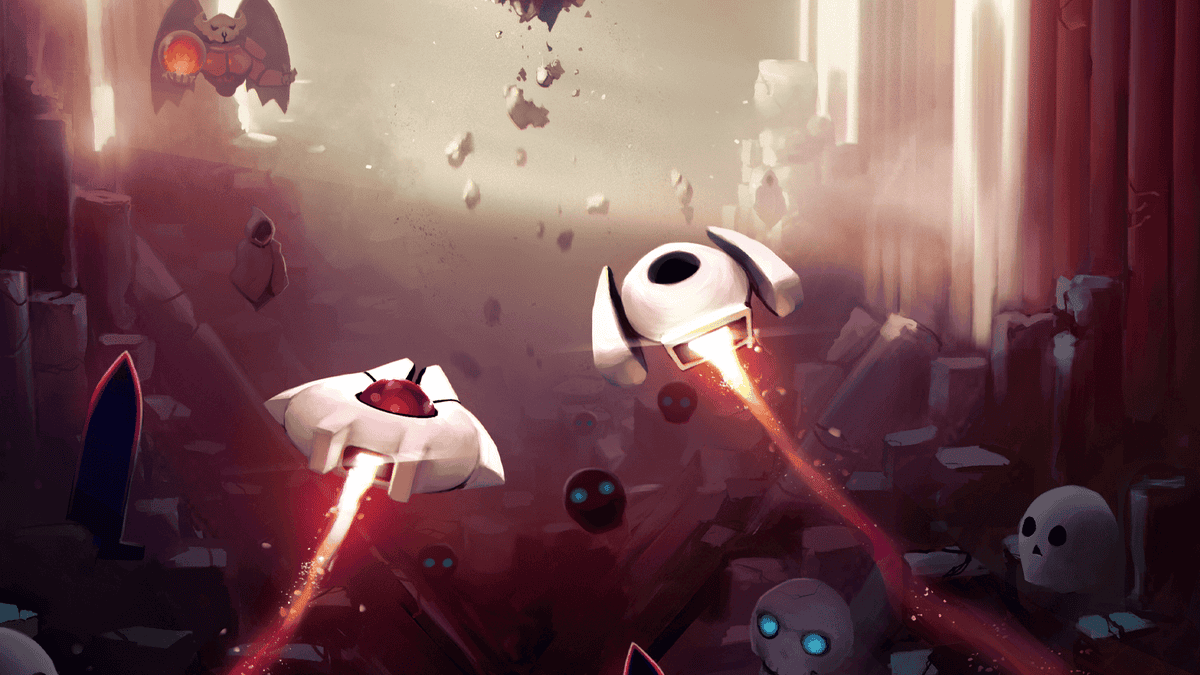

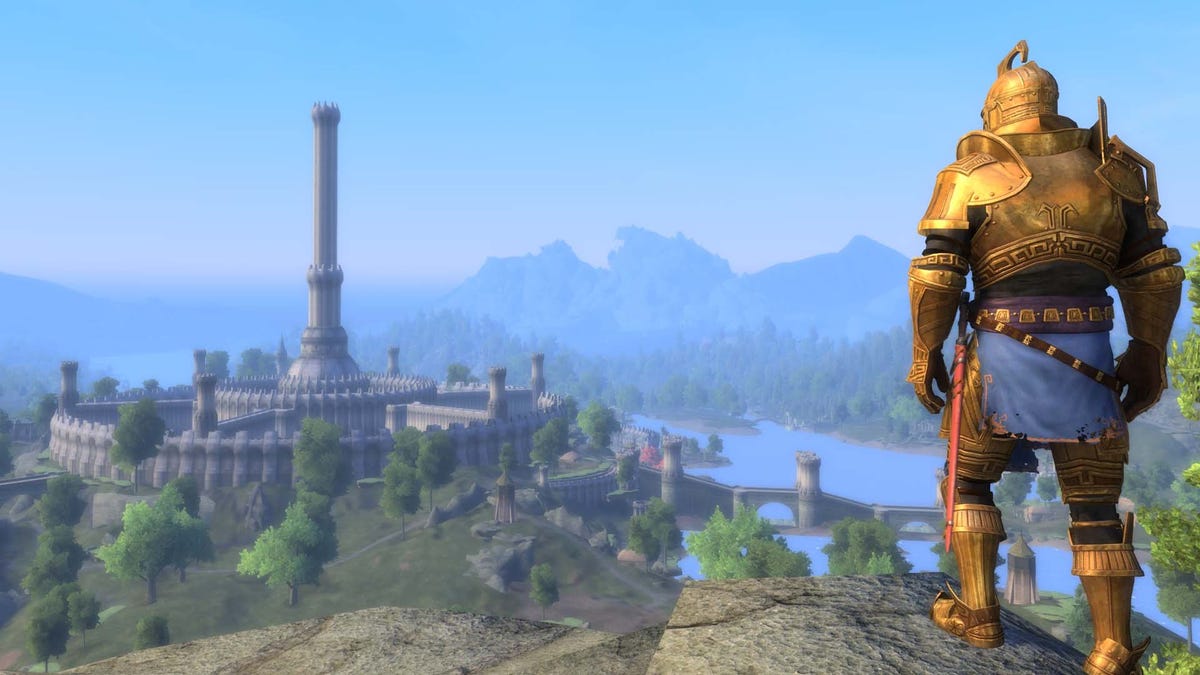

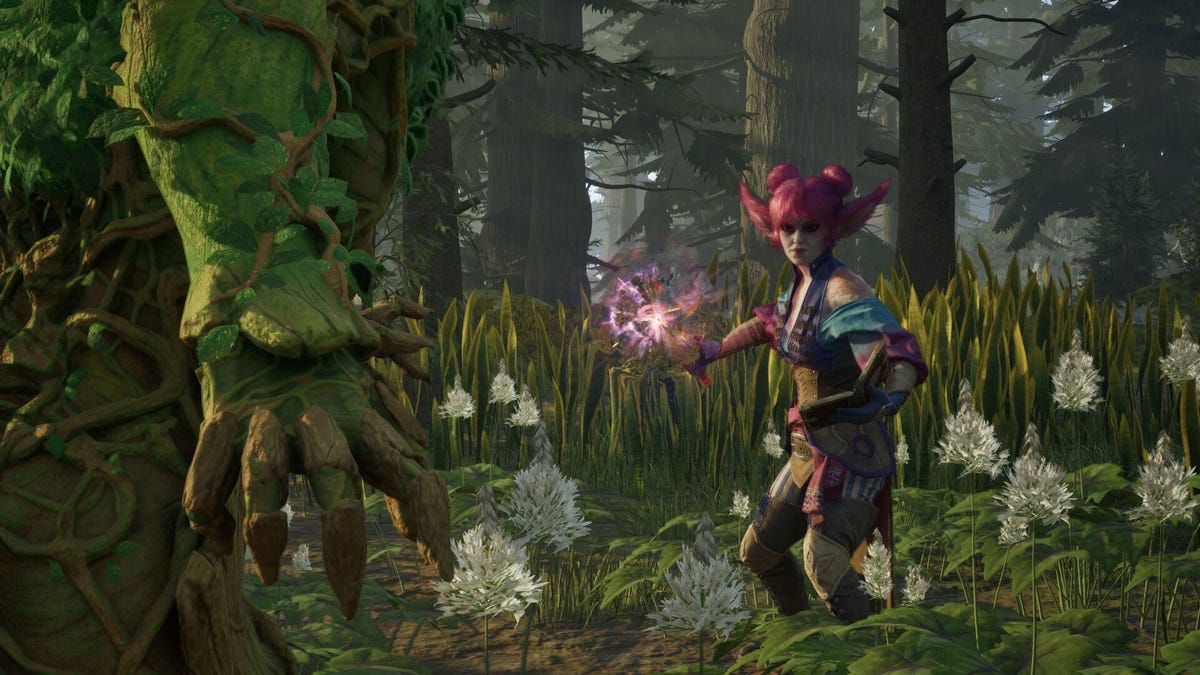
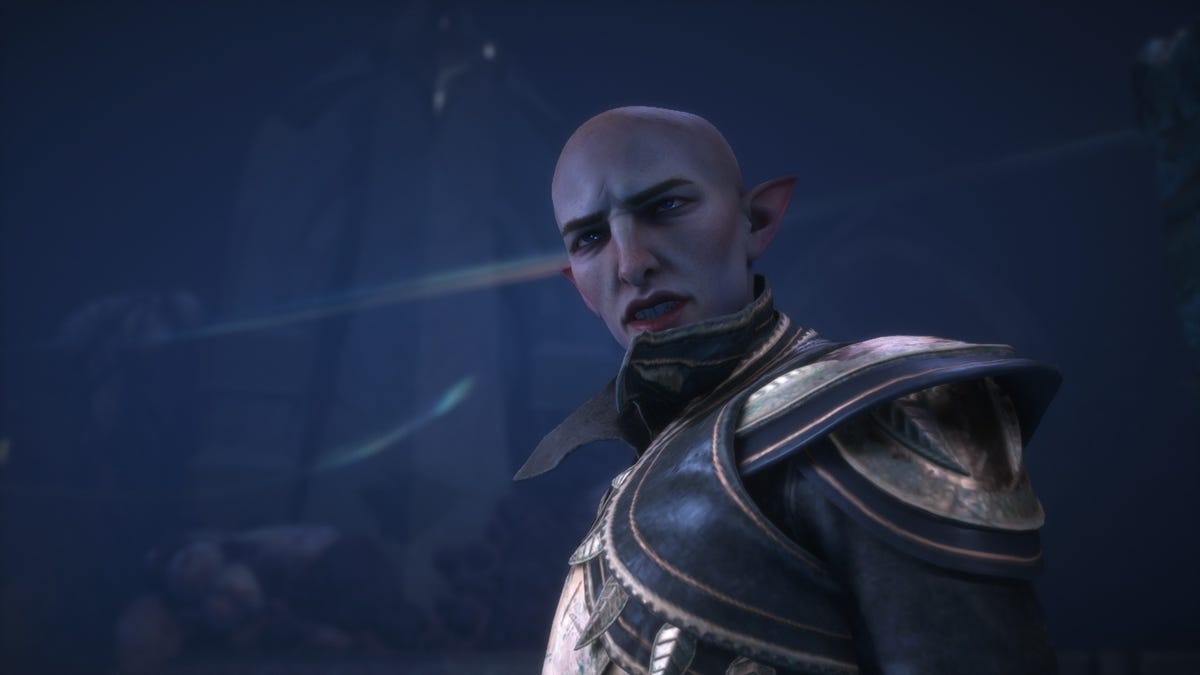
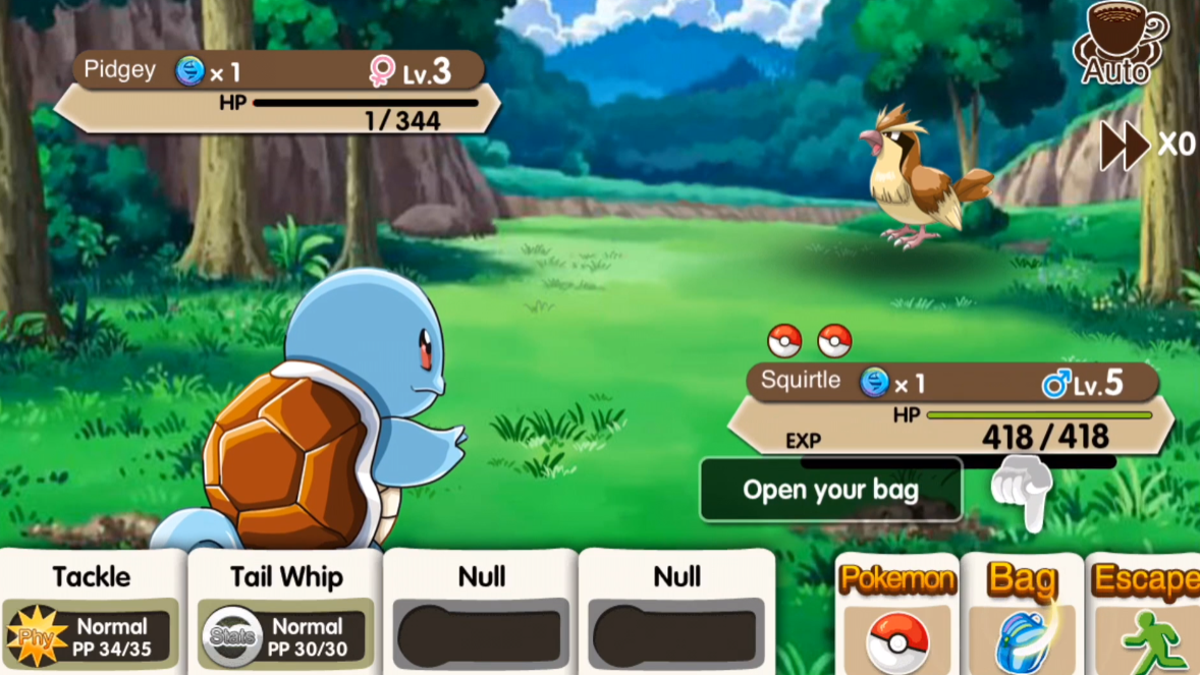
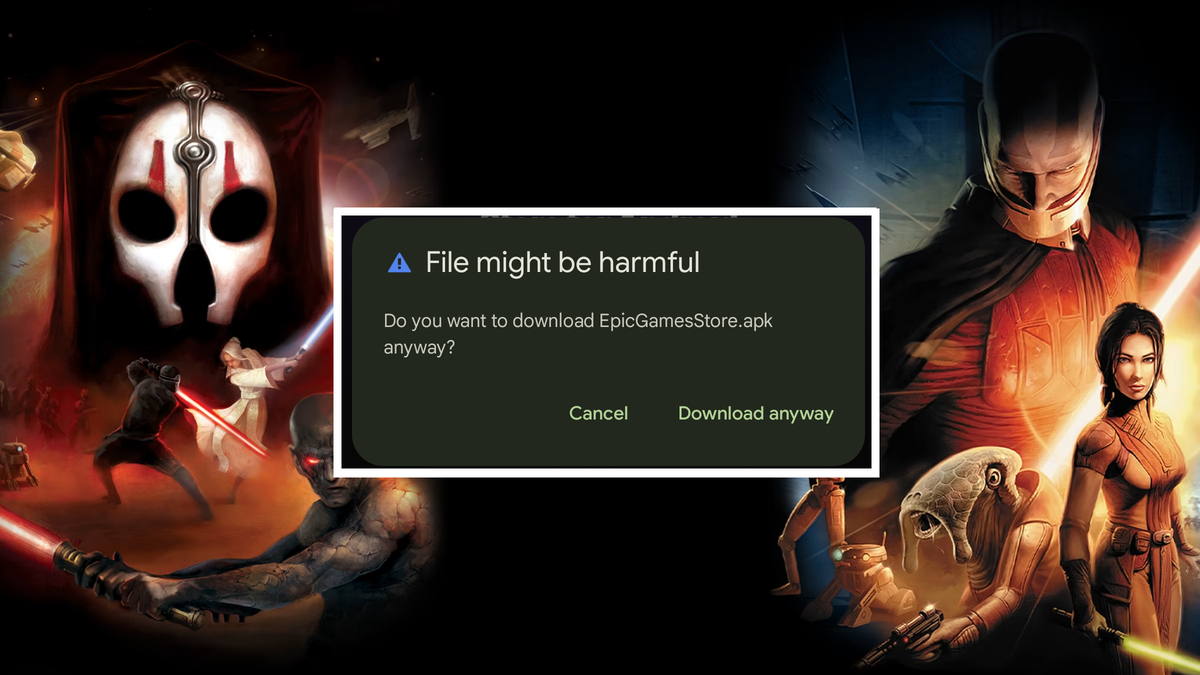
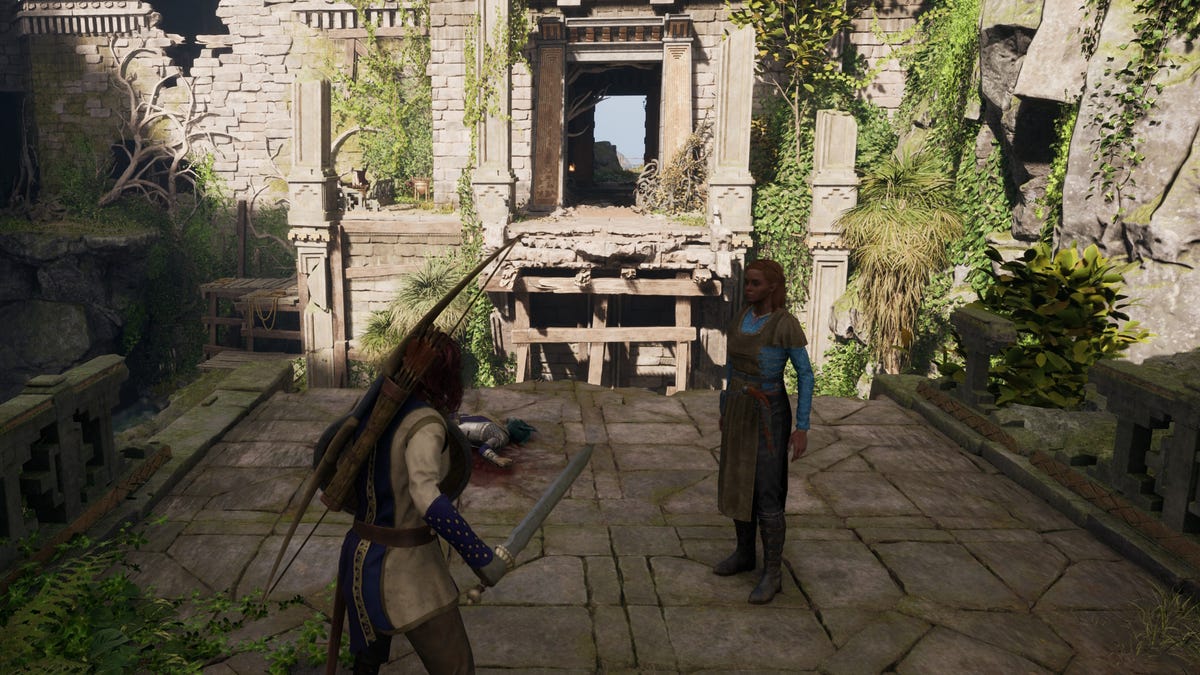
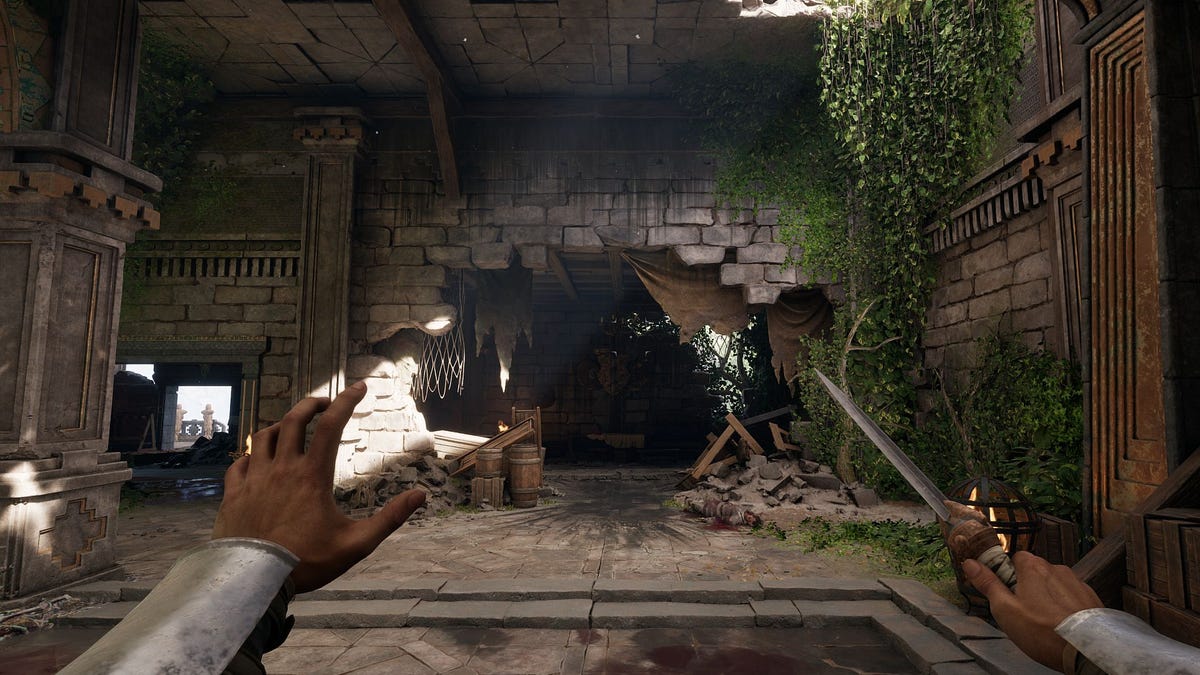
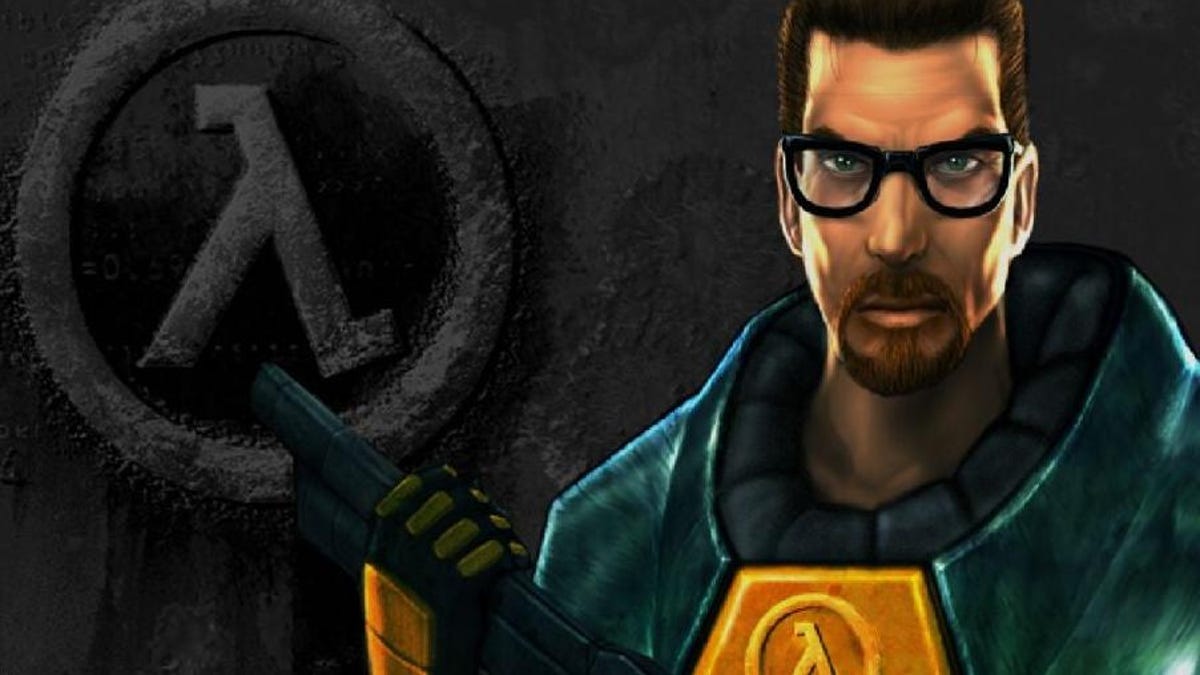
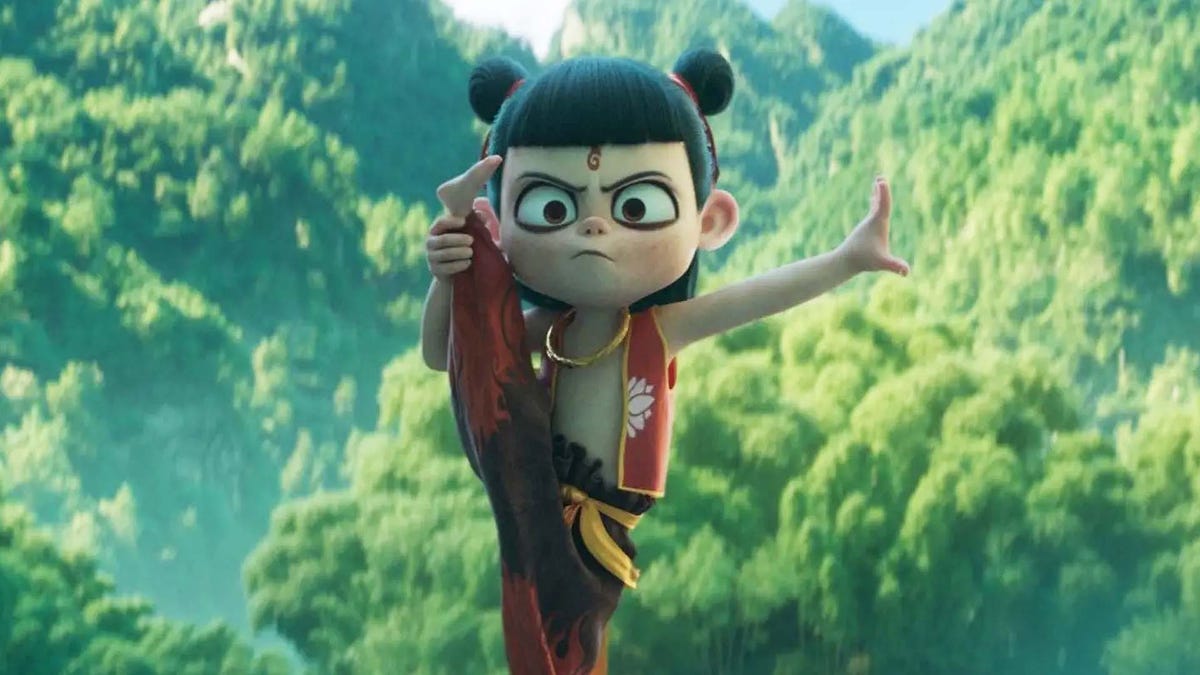









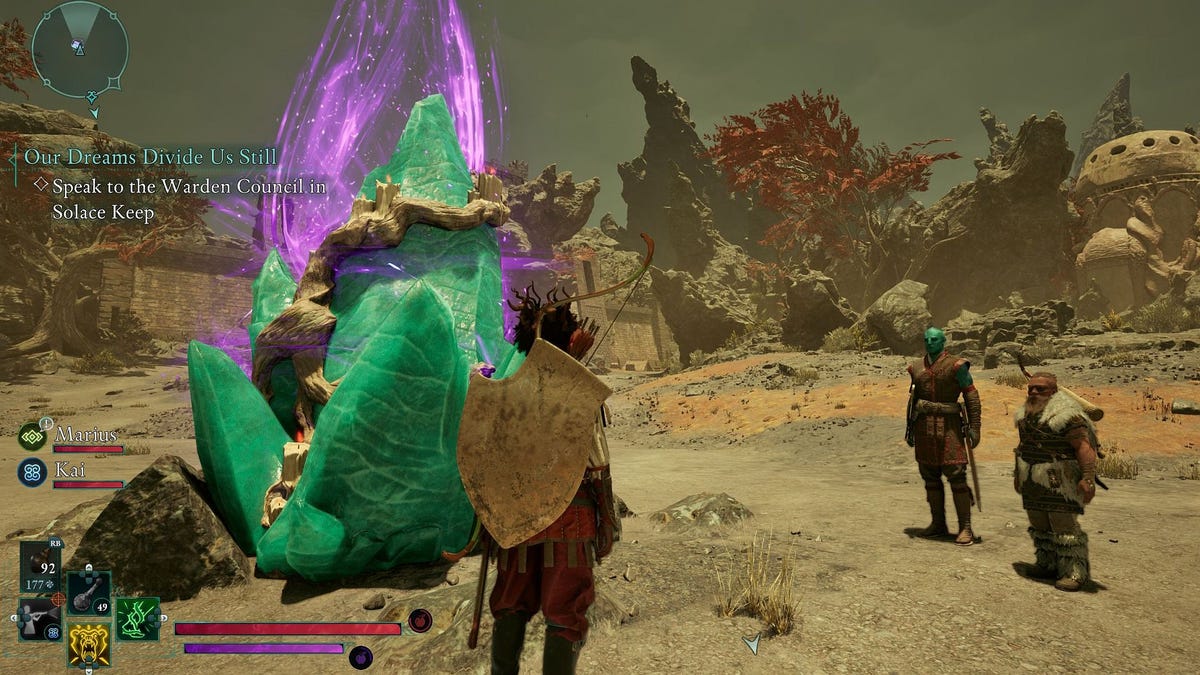



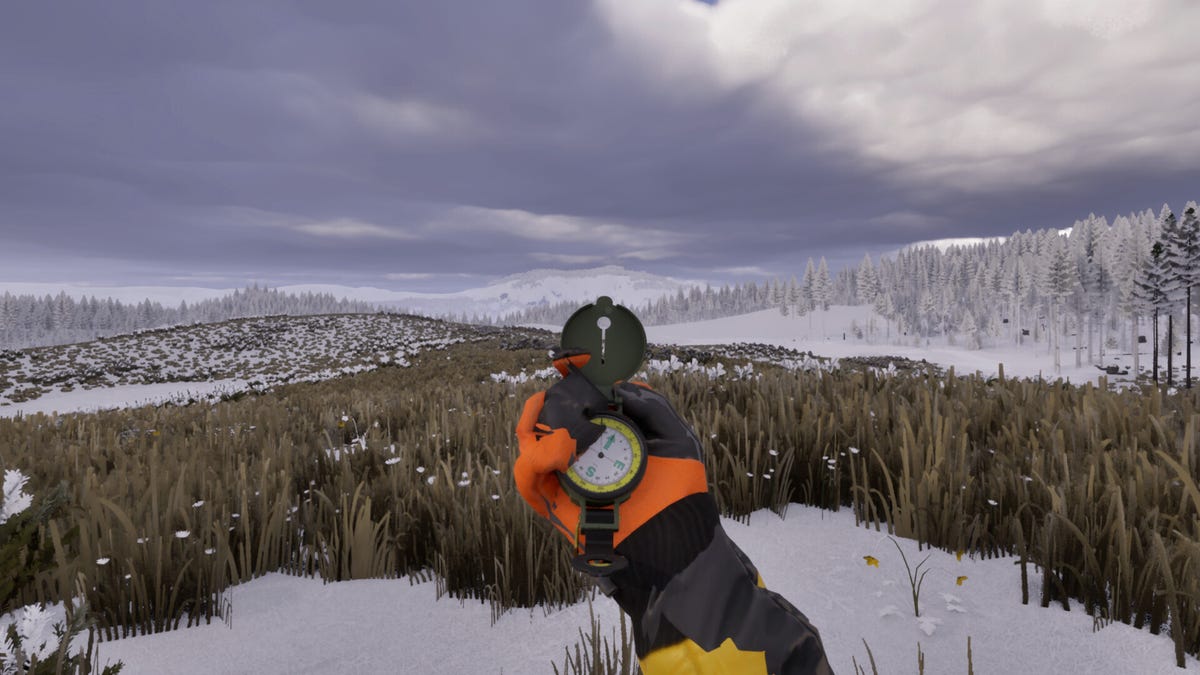


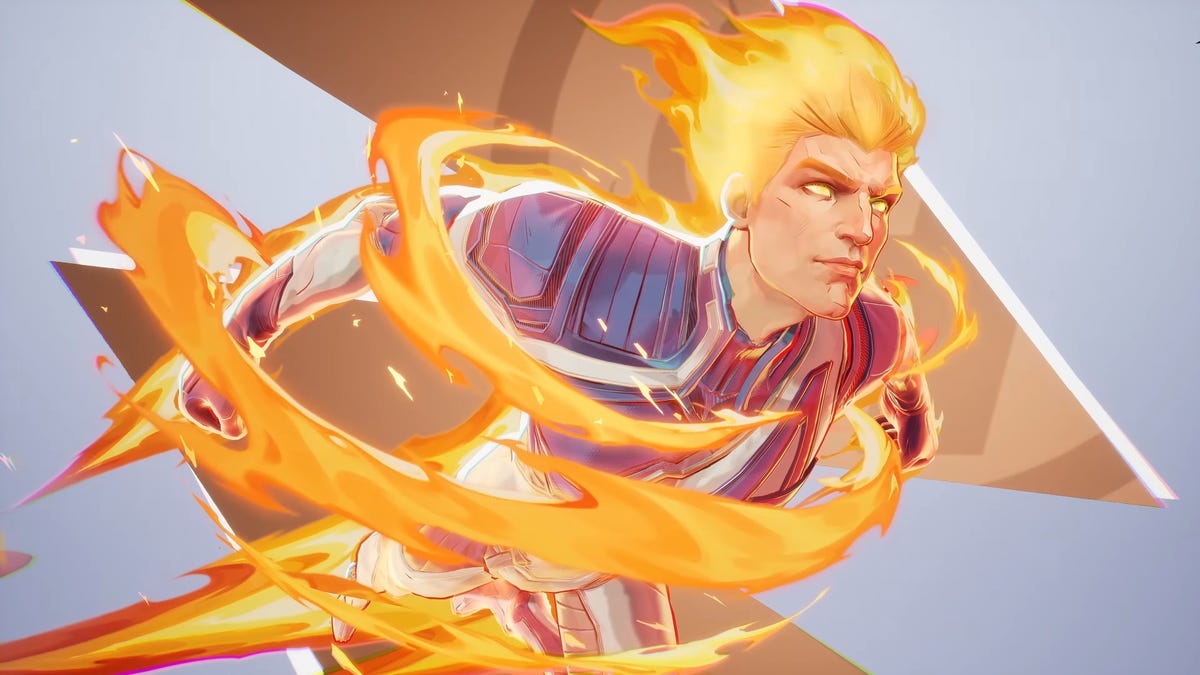
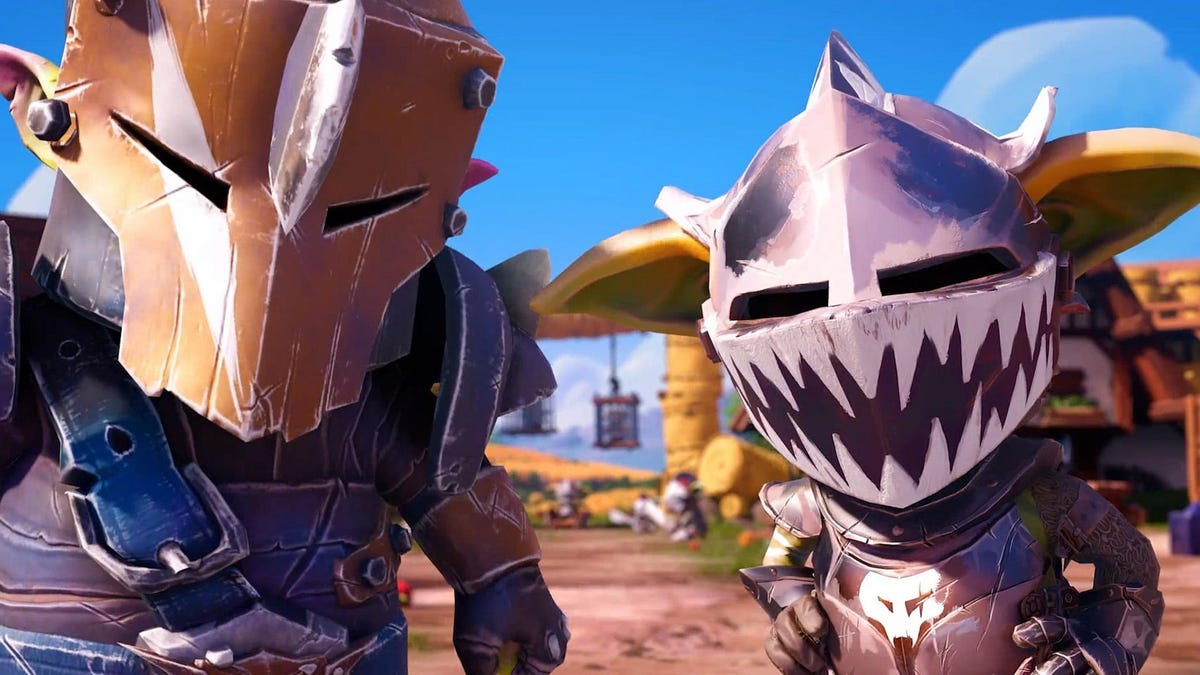





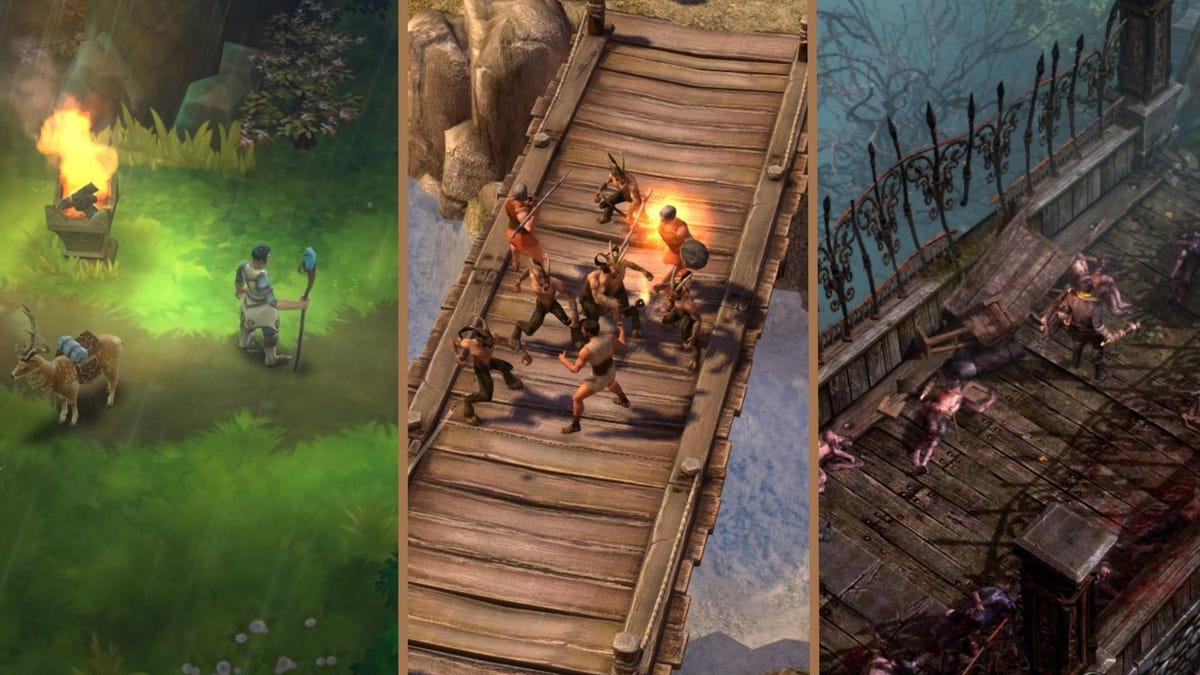

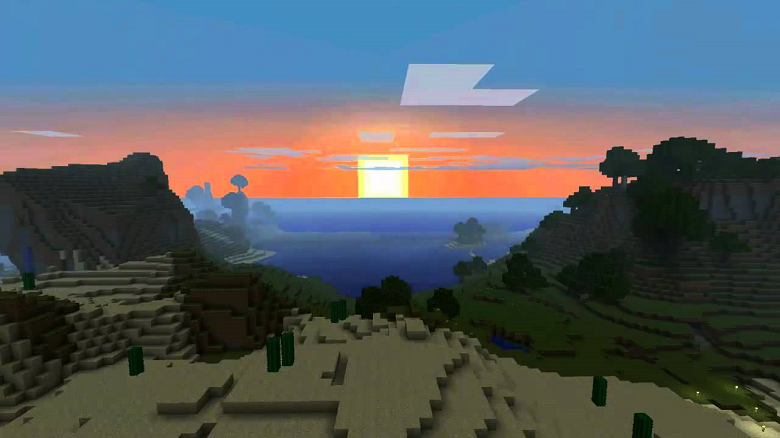

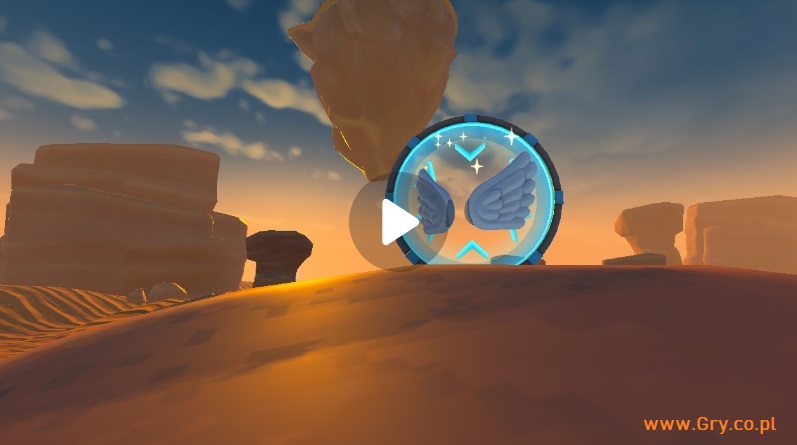


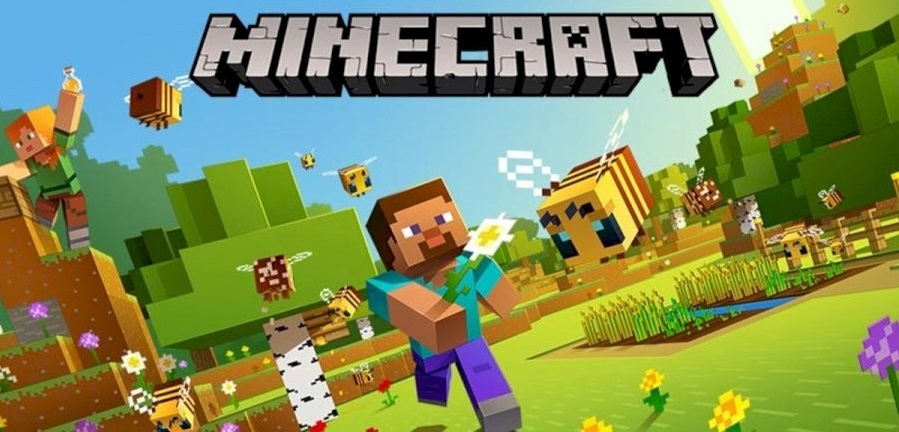



.png)
.png)


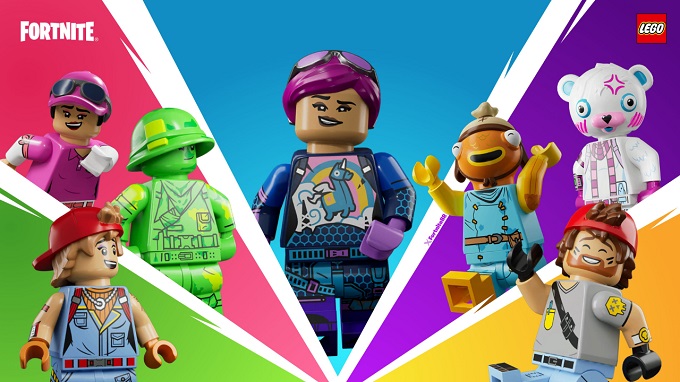







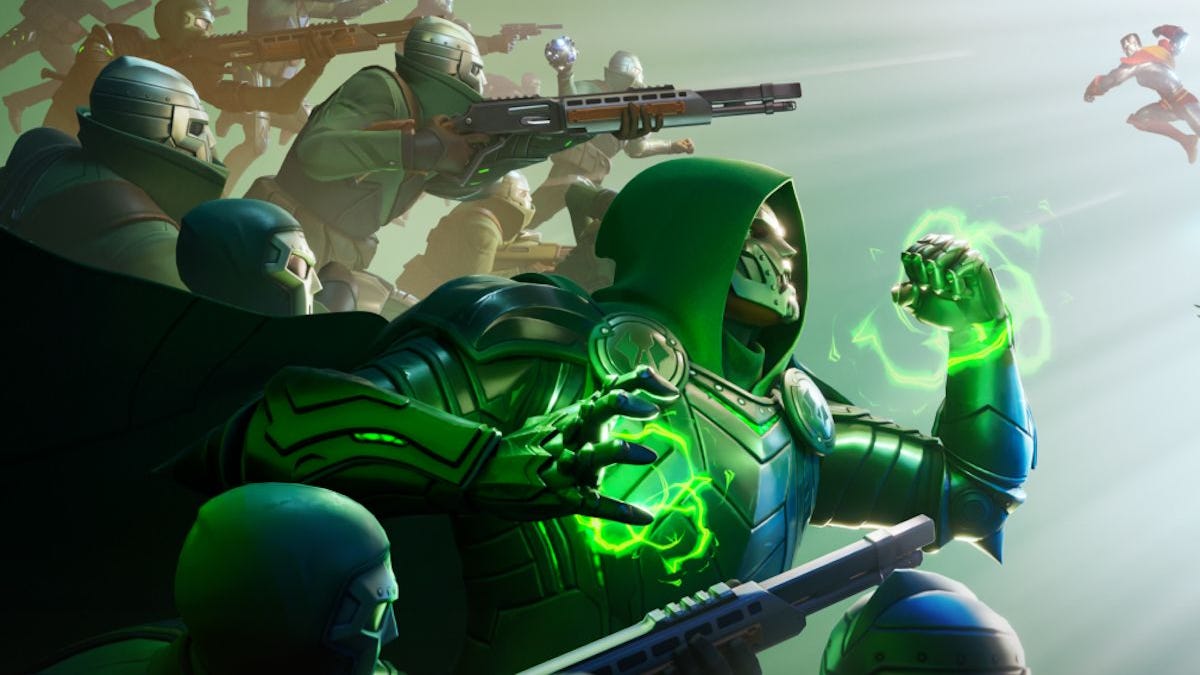
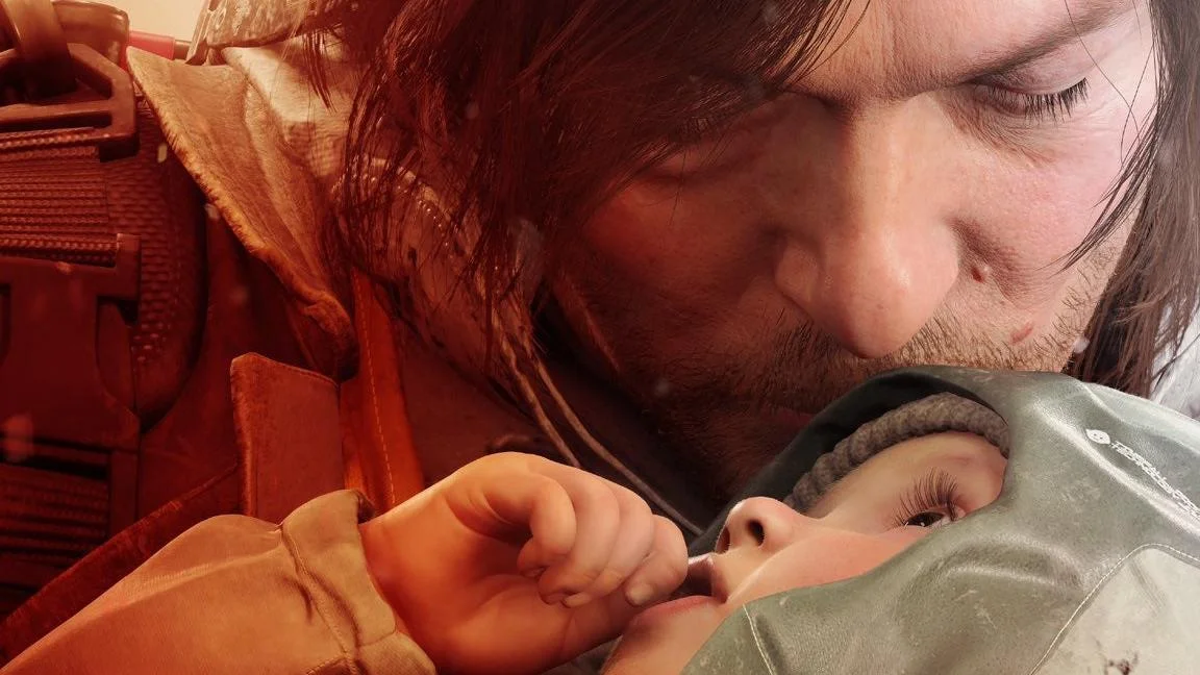




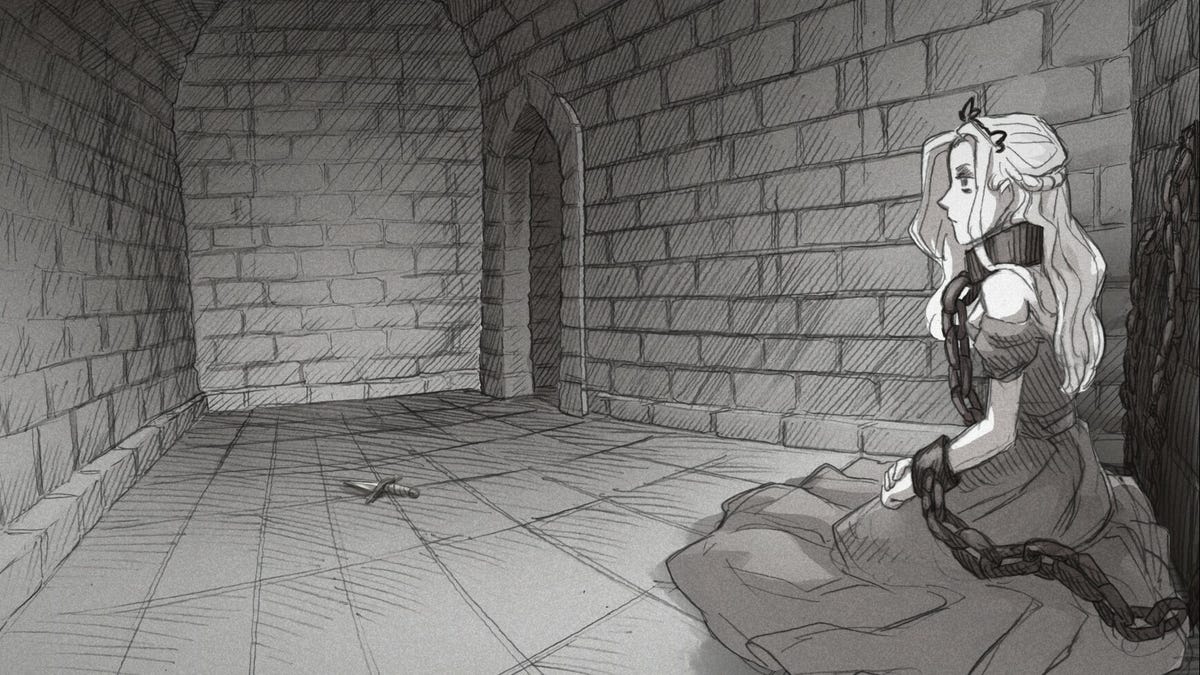


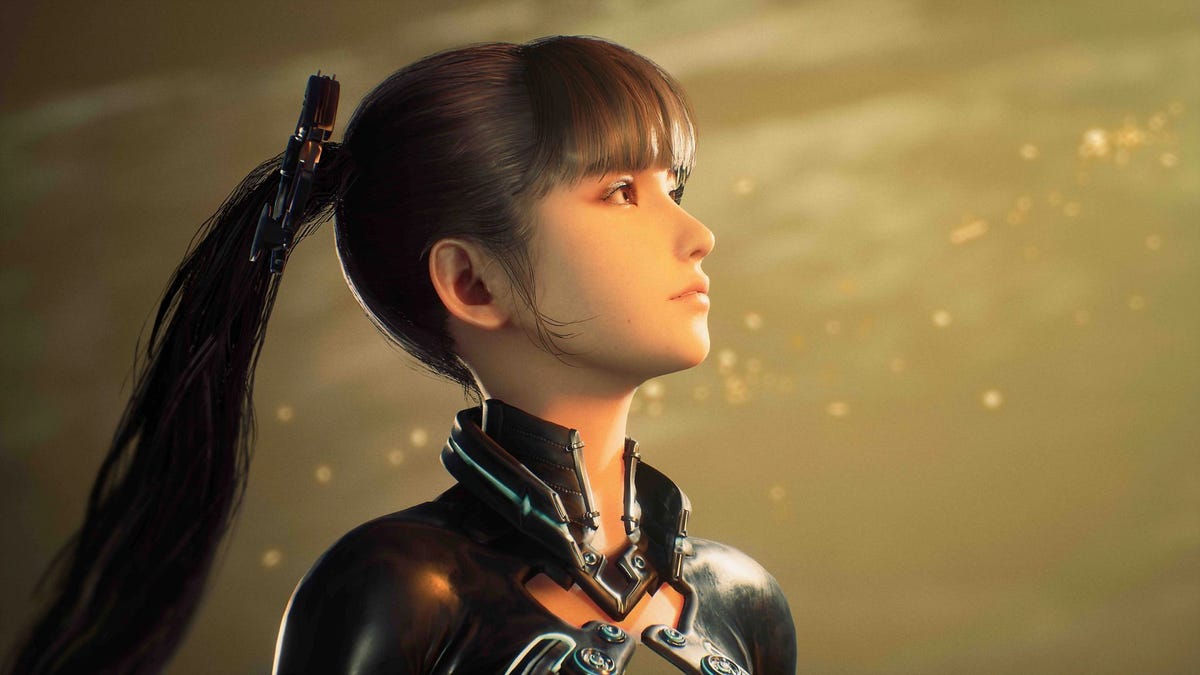
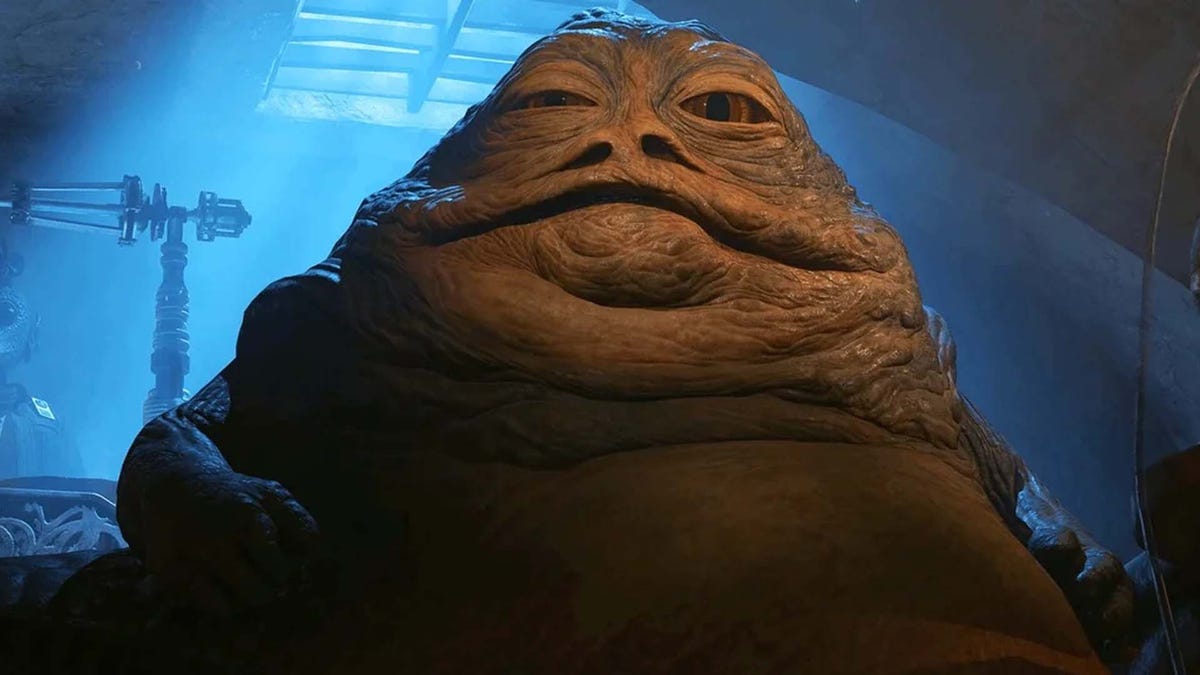



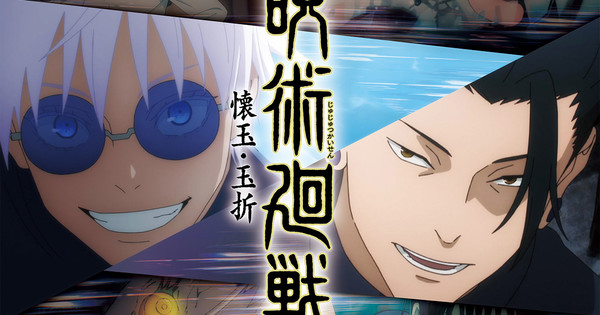
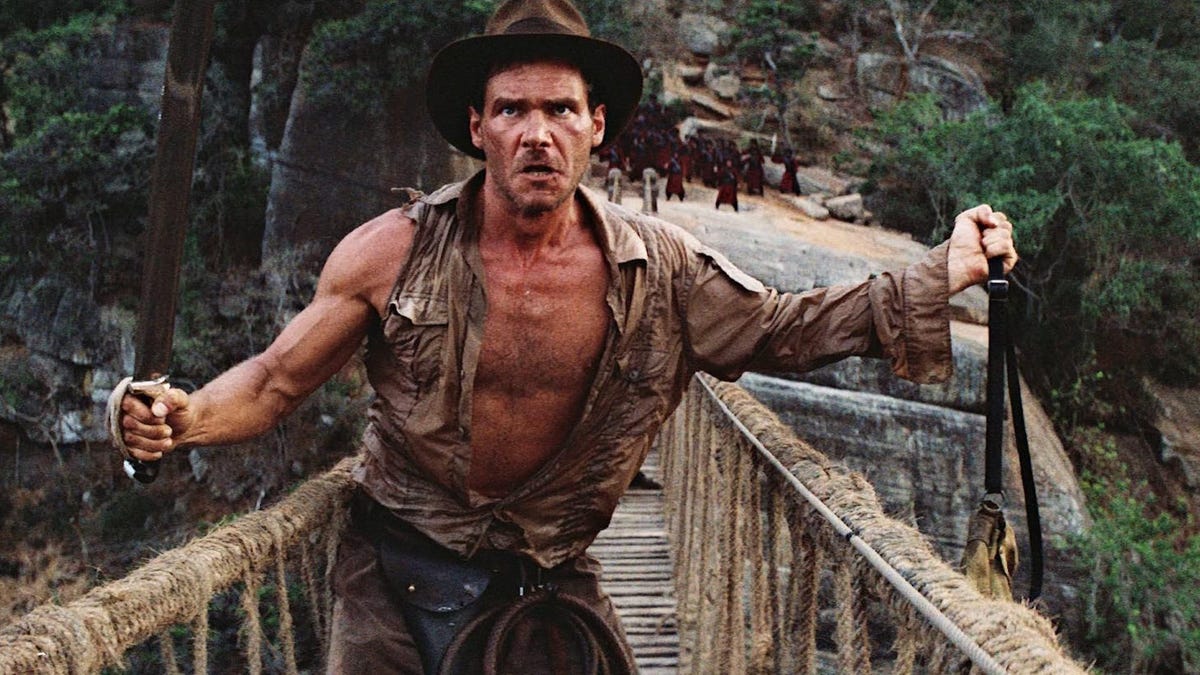
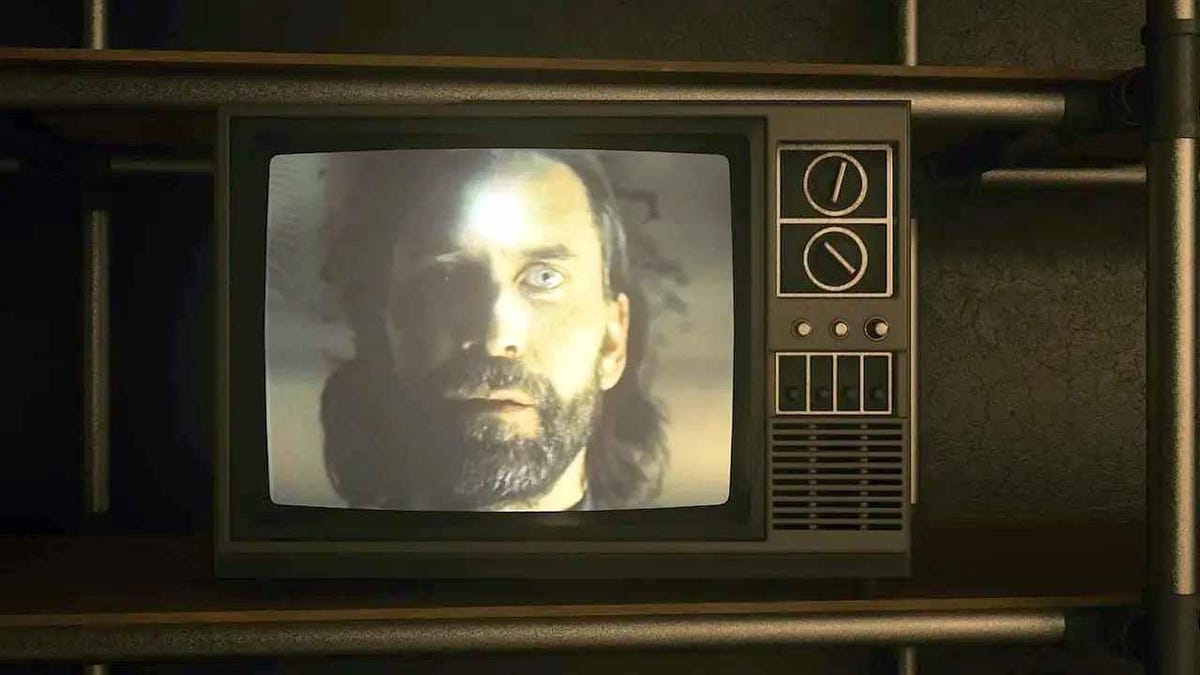
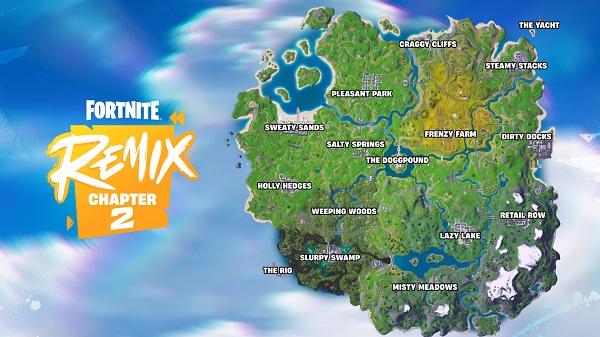

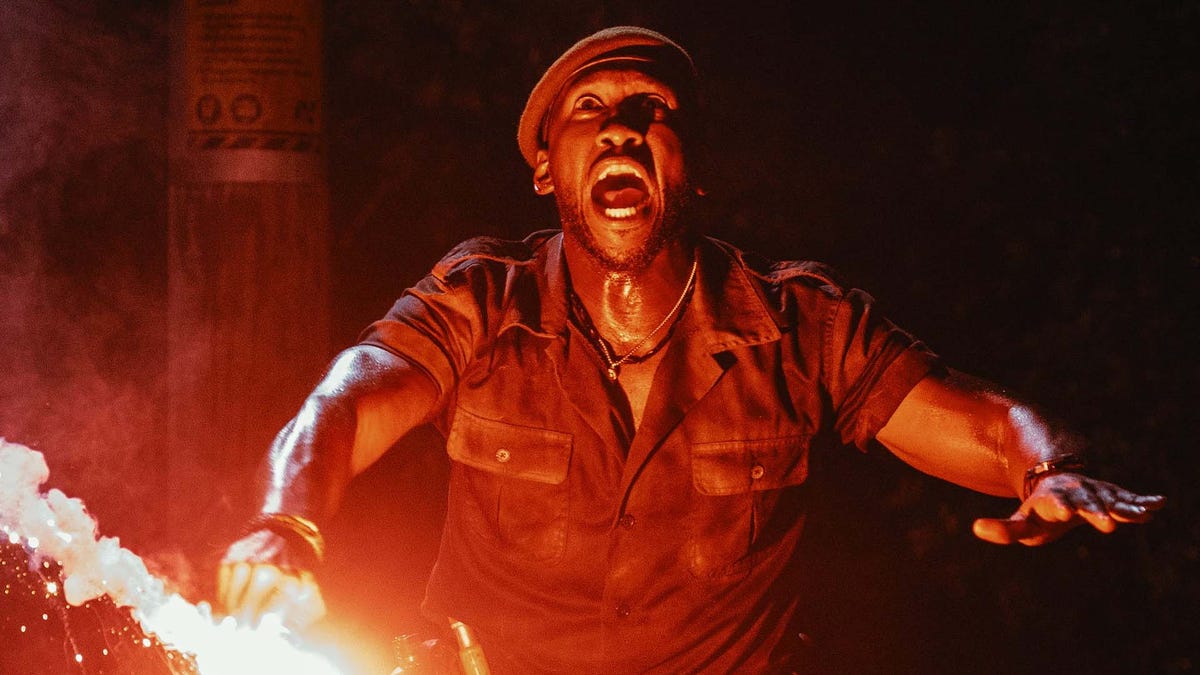
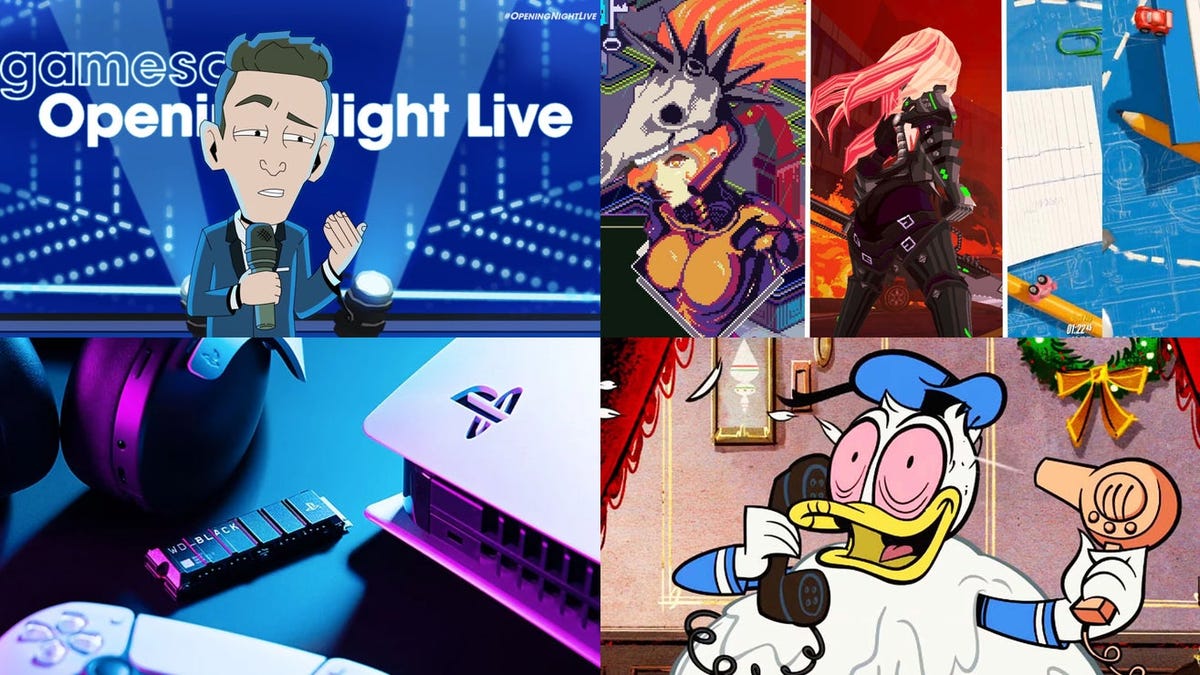
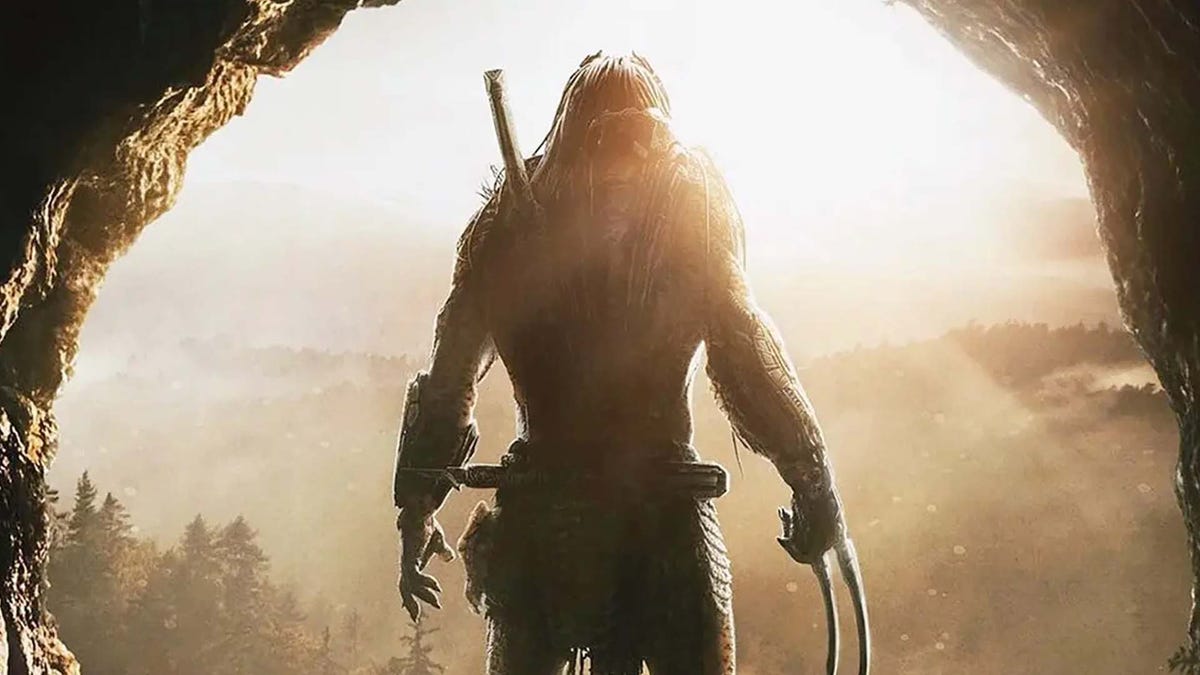

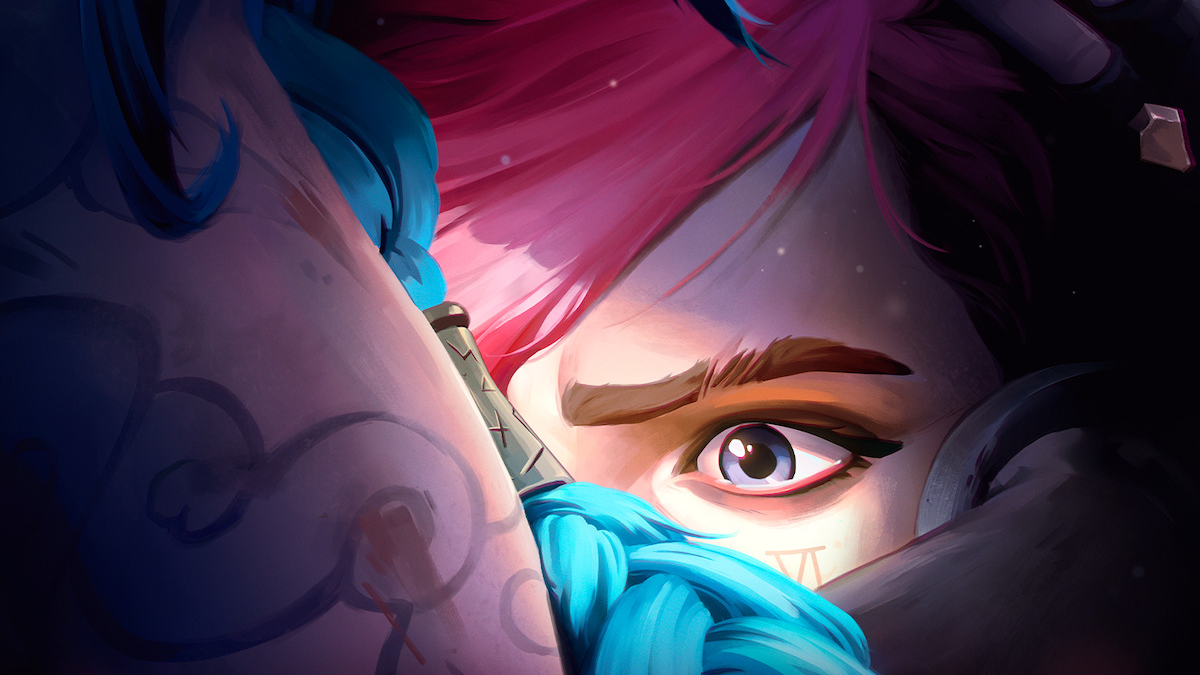
 Bengali (Bangladesh) ·
Bengali (Bangladesh) ·  English (United States) ·
English (United States) ·  Polish (Poland) ·
Polish (Poland) ·